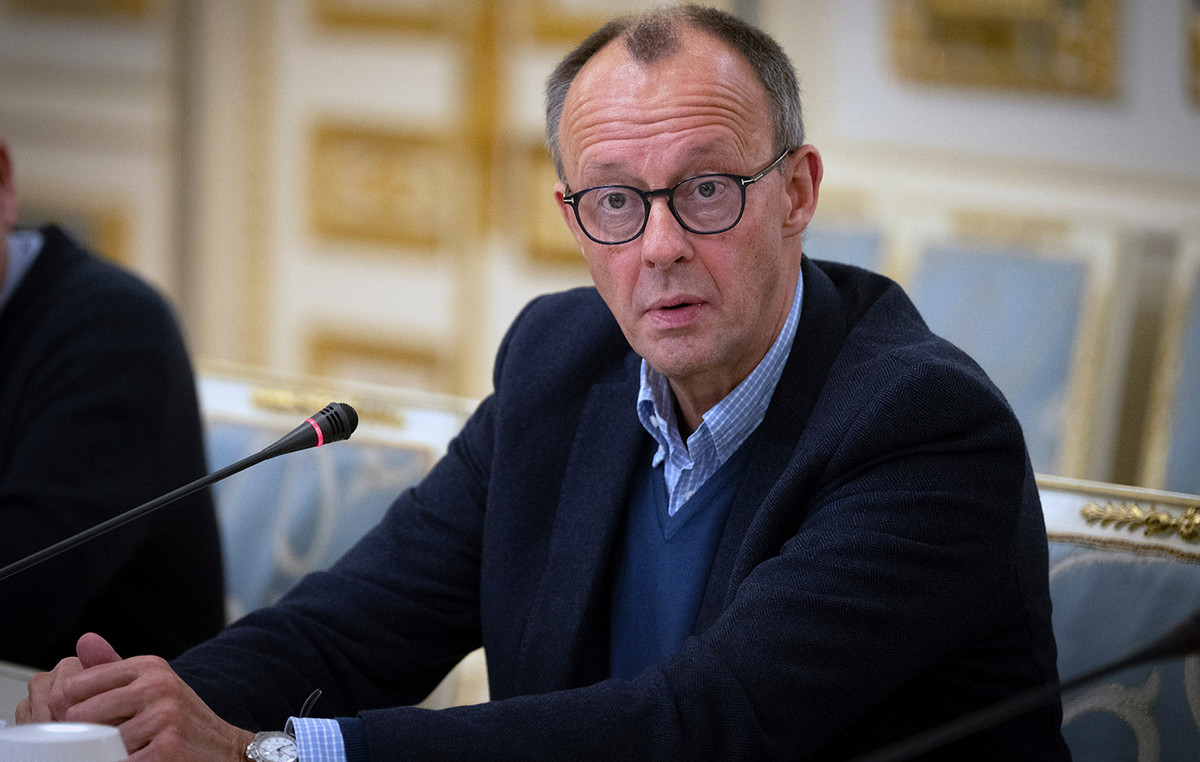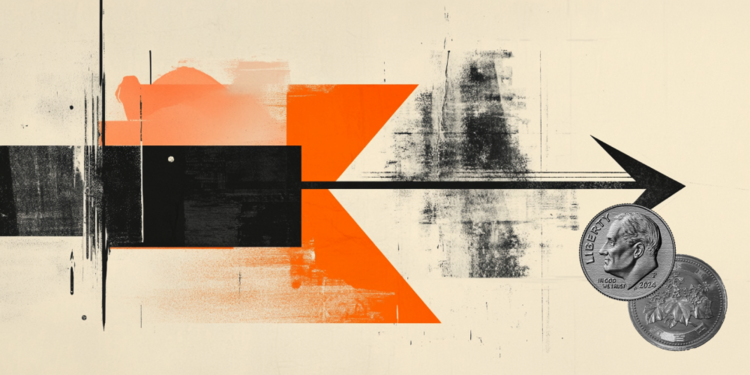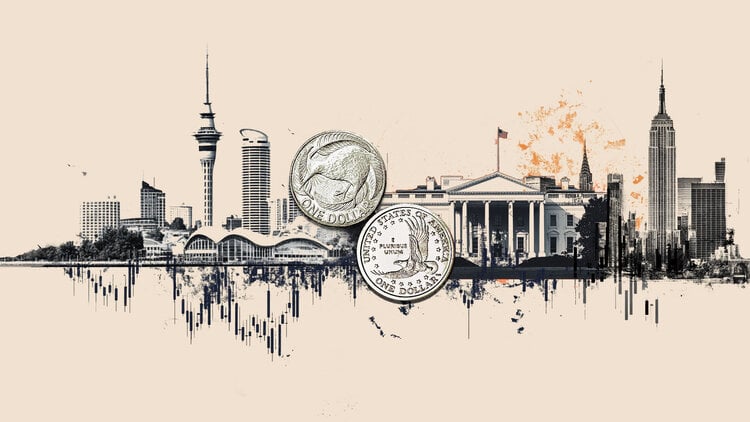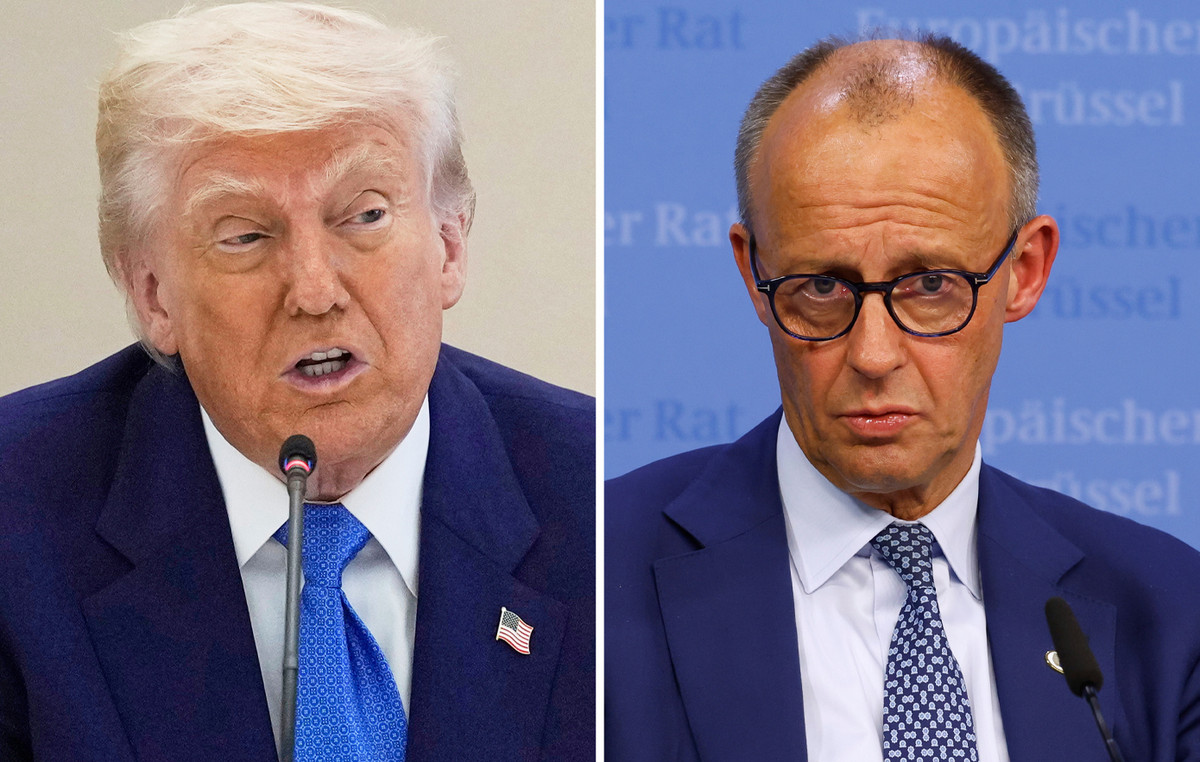The 13 measures of the Package for Racial Equality, announced by President Luiz Inácio Lula da Silva (PT) this Monday (20), National Black Consciousness Day, are assertive in targeting structuring issues and are in line with the demands of the black movement . This is what the rector of the Zumbi dos Palmares University, José Vicente, assesses.
Three points are highlighted: land titling, economic strengthening and educational stimulus which, in Vicente’s assessment, should be efficient in alleviating the most distressing situation of the black community.
“We are talking about the information that the quilombolas will now have land titles implemented with greater speed and scope; that the government’s economic environments will make resources available to strengthen black entrepreneurship and that there will be very important attention to contributing to keeping young people in education and higher education”, he details.
Still within the scope of education, the federal government highlighted Anti-Racist Early Childhood, the theme of the memorandum that formalizes the intention of the Ministry of Racial Equality (MIR) and the United Nations Children’s Fund (UNICEF) to work together to combat racism and mitigate its impacts on the childhood of black, quilombola and indigenous children.
The strategies, which are still being created, will be aimed at training education professionals, in addition to health and social assistance workers. Vicente explains that the initiative is supported by the Racial Equality Statute and Law 10,639, of 2003, which made the teaching of Afro-Brazilian and African history and culture mandatory in public and private schools, from primary to secondary education.
“It is supported by law, it is an obligation of the government, because it is part of a distortion and, to correct distortion, it needs well-designed public policy, and also, it is a requirement and an emergency of those who want, effectively, to prevent the manifestation of the racism within the educational process and those who want to definitively eliminate it from the socialization of Brazilian boys and girls”, says Vicente.
“Education, especially in childhood and basic education, is structuring for the perception and value judgment of young people who will later become citizens. So, if he can have this opportunity to build a value judgment that respects others, that respects diversity, that welcomes, that has affection and that also has this empathy, he will certainly be a better citizen”, he concludes.
Source: CNN Brasil
I’m James Harper, a highly experienced and accomplished news writer for World Stock Market. I have been writing in the Politics section of the website for over five years, providing readers with up-to-date and insightful information about current events in politics. My work is widely read and respected by many industry professionals as well as laymen.







